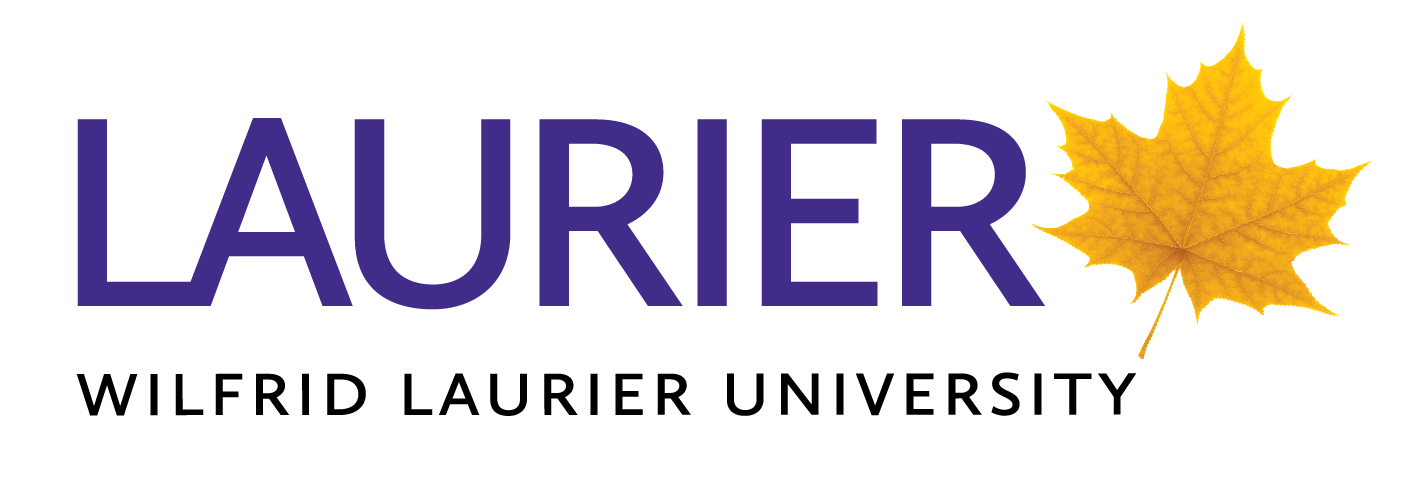0598 - Better Together: Practical Integration of CBT and Attachment Theory in Therapy
Course Description
Attachment based interventions and cognitive behaviour therapy (CBT) are often viewed as distinct or even contradictory due to their differing theoretical foundations. CBT emphasizes cognitive restructuring and present-focused skills training, while attachment-based interventions delve into relational history and emotional healing. This divergence often leads to debates about their compatibility and can create tension among clinicians. Clinicians who ascribe to one theoretical orientation may be reluctant to recognize the value of the other. Those who identify as integrative in their theoretical orientation may not know how to effectively integrate the two theories.
This two-day training will review the core components of CBT and attachment theory and interventions. Key research findings about effectiveness of CBT and attachment-based interventions are also reviewed. Rana will demonstrate how these approaches have much in common and how that they can be integrated effectively in therapy for various clinical presentations. The workshop will highlight intersections of CBT and attachment-based interventions in terms of their underlying drivers of distress, mechanisms of change, value of therapeutic relationship, and even strategies. You will learn to draw on the strength of both theories to develop a comprehensive case conceptualization and use integrated strategies to address both symptomatic distress and deeply rooted attachment wounds. You will walk away with the knowledge, tools and confidence to support clients with strategies that emphasize cognitions and interpersonal connections equally.
Learning Objectives
- Understand the historical roots and development of cognitive behaviour theory and attachment theory.
- Identify the underlying premise, components and therapeutic strategies associated with cognitive behaviour therapy (CBT) and attachment-based interventions.
- Summarize the effectiveness research for various CBT and attachment-based interventions.
- Recognize shared principles and primary difference of CBT and attachment theory and interventions.
- Develop a comprehensive case conceptualization that integrates both CBT and attachment-informed approaches in the client treatment plan.
- Implement practical, integrative strategies in therapy for a range of clinical presentations, including depression, anxiety, and trauma-related disorders.
- Learn to incorporate integrative strategies with various populations, including working with children, adolescents, and parents.
Notes
This workshop includes didactic teaching, group discussions, as well as individual and group practice exercises. Participants are encouraged to participate accordingly.
Although the course outline includes an overview of CBT and attachment-based interventions, participants are expected to be familiar with at least one of these theories and intervention models.
Notes
Time Zone: All remote courses are ET (Ontario, Canada).
For more information contact the Faculty of Social Work Professional Development office:
Email: fswprofessionaldevelopment@wlu.ca
Phone: 548-889-4967
Cancellations and Transfers
Be sure to carefully review our cancellation and transfer information before registering.
Website: wlu.ca/fswpd
Applies Towards the Following Certificates
- Counselling Techniques Certificate : Counselling Techniques

